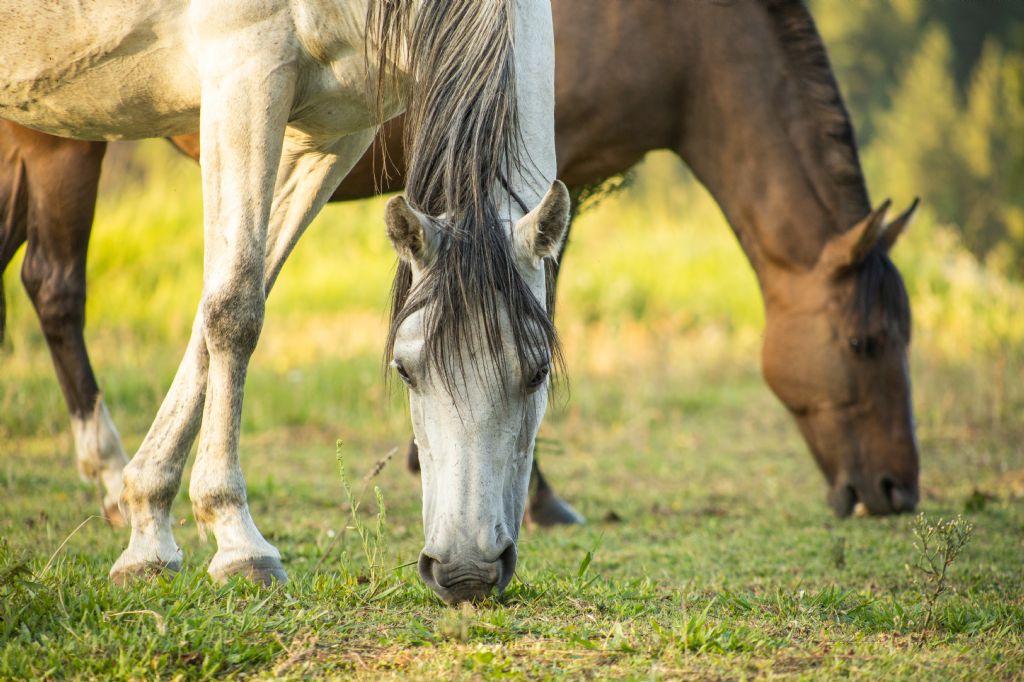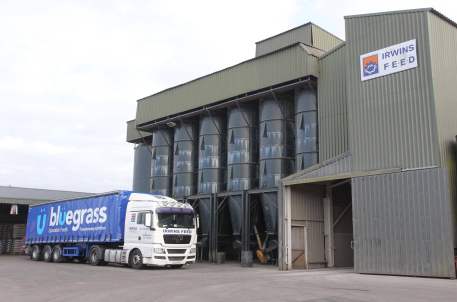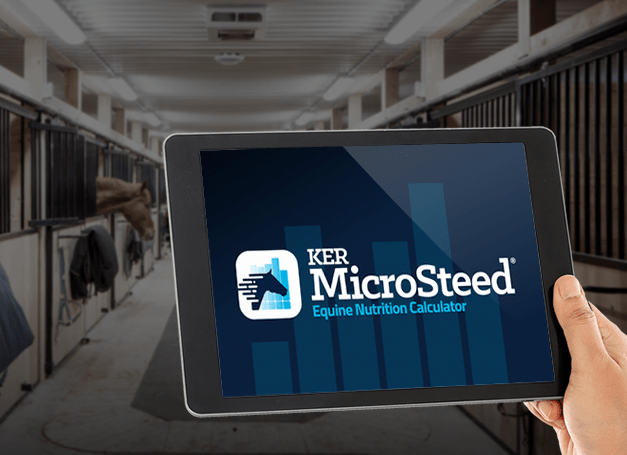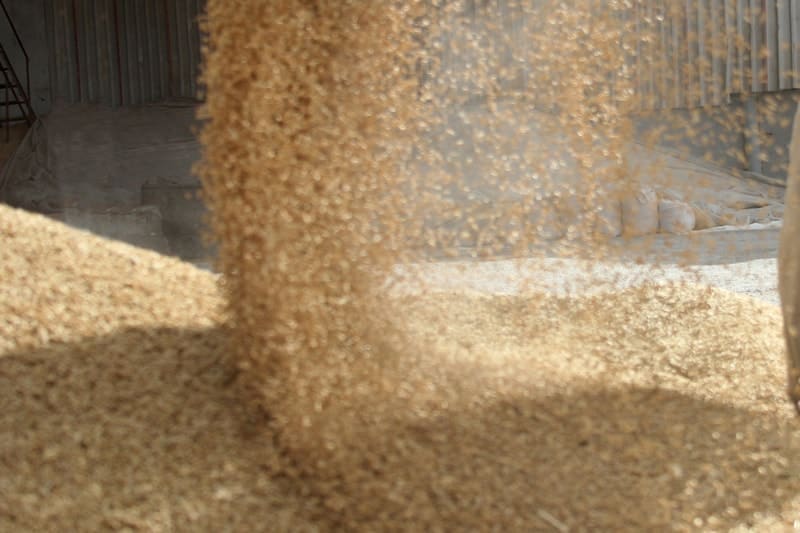Bluegrass News
Microminerals, also known as trace minerals, are found within our horses’ diets in very small amounts. However, these microminerals play a large role in our horse’s health and for normal bodily functions.
There are seven main microminerals we need to know about in our horses’ diet, this month we will look closer at the first four:
- Iron
- Zinc
- Iodine
- Selenium
Iron
Iron is vital for the transport of oxygen around our horses’ body via red blood cells (hemoglobin) and is found within muscle cells known as myoglobin. It also has an important function in the immune system and for the horse’s metabolism. Iron is found within the circulatory system but also stored in the spleen, released, and used by the body during exercise.
UK soil and forage are often high in iron and can meet requirements when fed a forage only diet. Excess iron in the diet can cause an interference to other minerals such as zinc or copper, but the occurrence of deficiencies is relatively rare. Feeding a fortified feed designed for the status, age and workload of your horse will normally meet their requirements.
Zinc
A co-factor in multiple enzyme systems, Zinc plays an important role in the immune system, cell membrane integrity and division, cellular metabolism, neurological function and for carbohydrate and lipid metabolism. There are high concentrations of zinc in the iris and choroid of the eye, pancreas, hoof horn, liver and muscle.
Forage has a low to marginal natural concentration of zinc, however most concentrated feeds have adequate amounts to meet these requirements. Over supplementing the diet with zinc can cause a reduction of copper absorption, potentially causing developmental issues is foals.
Iodine
Iodine is required for both reproductive and normal physiological function. Approximately 75% of iodine in the horse body is found in the thyroid gland, a deficiency of iodine to the pregnant mare can lead to the foal born with an enlarged thyroid known as goiter. Commercial feeds specifically formulated for breeding stock should provide sufficient requirements of iodine to the diet.
Selenium
Dietary selenium is an important nutrient in the horse’s diet, supporting the immune response, membrane integratory, growth and reproduction. But this important trace mineral can cause serious health issues if over or under supplemented in the diet.
Selenium is naturally present in forages and grasses. Some areas of Ireland are known for higher soil levels of selenium such as south Tipperary or North Dublin. Chronic toxicity can occur for horses grazing or consuming forage harvested from the areas of high risk. It is recommended to perform soil and forage analysis yearly, especially in high risk areas. Speaking with a nutritionist is recommended if you suspect selenium toxicity, Bluegrass Zero Selenium cube has been formulated to specifically support these horses with clinically diagnosed selenium toxicity.
Choosing the right feed to suit your horses’ requirements and following the manufactures feeding guidelines are key towards obtaining a balanced diet. However, the whole diet should be considered, including forage and grass quality. Speak with an equine nutritional advisor at Bluegrass for advice and guidance or complete a diet request form on the Bluegrass Horse Feed website.












